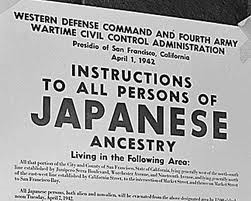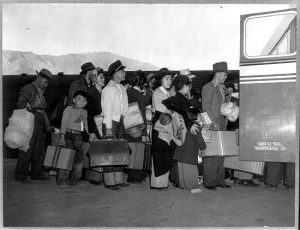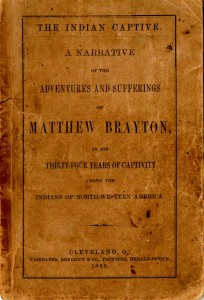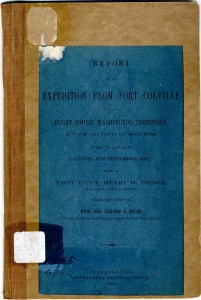 From the desk of Kathryn Devine, from materials compiled in part by Judy Pitchford.
From the desk of Kathryn Devine, from materials compiled in part by Judy Pitchford.
Have you seen the library’s Classics in Washington History page? It’s an online collection of full-text books on Washington History.
Topics include county and regional history, military history, women’s stories, and other special collections that “bring together rare, out of print titles for easy access by students, teachers, genealogists, and historians.”
In remembrance of the 75th anniversary of Executive Order 9066 on February 19, we’d like to highlight several documents from the Washington State Library’s federal collection on the Japanese internment camps.
Some are contemporary studies of life in the camps, and others contain testimony from survivors about the experience.
Contemporary Reports and Analysis
Community analysis notes
War Relocation Authority, Documents Section, Office of Reports
[Washington, D.C.] : War Relocation Authority, c1944-1945
These reports were compiled by staff of the War Relocation Authority, a civilian agency responsible for the relocation of evacuees. It includes many interviews with internees and their attitudes toward the U. S. because of the internment.
www.sos.wa.gov/library/publications_detail.aspx?p=134
Community analysis report
War Relocation Authority, Documents Section, Office of Reports
[Washington, D.C.] : War Relocation Authority, c1942-1946
These reports deal with issues of unrest in the camps, religion and labor unrest. It also explore attitudes in the surrounding communities on the possible return of the Japanese.
www.sos.wa.gov/library/publications_detail.aspx?p=133
Project analysis series
War Relocation Authority, Documents Section, Office of Reports
[Washington, D.C.] : War Relocation Authority, c-1946
These reports cover the Tule Lake incident, questions of repatriation and community government.
www.sos.wa.gov/library/publications_detail.aspx?p=135
Trends in the relocation centers. III
War Relocation Authority, Community Analysis Section
[Washington, D.C.] : The Section, [1945]
This document addresses the concerns of evacuees about the closing of the relocation centers and how their needs were to be met re-entering society.
www.sos.wa.gov/library/publications_detail.aspx?p=282
Later Reports from Congressional Hearings
Commission on Wartime Relocation and Internment of Civilians act : hearing before the Committee on Governmental Affairs, United States Senate, Ninety-sixth Congress, second session, on S. 1647, March 18, 1980
United States. Congress. Senate. Committee on Governmental Affairs
Washington : U.S. Govt. Print. Off., 1980
Testimony before a commission investigating the internment of Japanese-Americans during WWII.
www.sos.wa.gov/library/publications_detail.aspx?p=264
Personal justice denied : report of the Commission on Wartime Relocation and Internment of Civilians : report for the Committee on Interior and Insular Affairs
United States. Commission on Wartime Relocation and Internment of Civilians
Washington : U.S. G.P.O. : For sale by the U.S. G.P.O., Supt. of Docs., 1992
A congressional committee report based on personal testimony and written documentation from witnesses who lived through the Japanese internment.
www.sos.wa.gov/library/publications_detail.aspx?p=263
Oral History from the Legacy Project
Robert Graham: Not-So-Simple Twists of Fate
An oral history from the Legacy Project, Office of the Secretary of State.
www.sos.wa.gov/legacyproject/oralhistories/RobertGraham/default.aspx
Mr. Graham relates his own experiences in World War II, including the fate of one of his Japanese-American friends, Perry Saito.
Looking for more information on the history of Executive Order 9066, Japanese internment, or any other aspect of Pacific Northwest history? Contact us through our Ask A Librarian service or make a research appointment to visit the Library.









